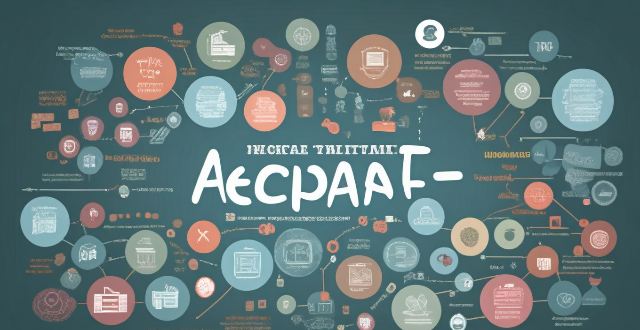Preschool education can help close the achievement gap by providing access to high-quality programs, supporting language development, promoting social and emotional growth, and addressing disparities in early childhood experiences.

Can Preschool Education Help Close the Achievement Gap?
Preschool education is a critical phase in a child's development, laying the foundation for future learning and success. One of the most significant challenges facing educators today is the achievement gap, which refers to the disparity in academic performance between different groups of students. This gap can be attributed to various factors, including socio-economic status, access to resources, and early childhood experiences. In this article, we will explore whether preschool education can help close the achievement gap.
The Importance of Early Childhood Education
Early childhood education plays a crucial role in shaping a child's cognitive, social, and emotional development. Research has shown that high-quality preschool programs can have long-lasting positive effects on children's academic achievement, social skills, and overall well-being. By providing a stimulating and nurturing environment, preschools can help children develop the essential skills they need to succeed in school and beyond.
How Preschool Education Can Help Close the Achievement Gap
1. Providing Access to High-Quality Programs
One of the main ways preschool education can help close the achievement gap is by providing access to high-quality programs for all children, regardless of their background or socio-economic status. When children from disadvantaged backgrounds have access to quality preschool education, they are more likely to enter kindergarten with the necessary skills to succeed in school. This, in turn, can help reduce the achievement gap between different groups of students.
2. Supporting Language Development
Language development is a critical factor in academic success, and preschool education can play a vital role in supporting this process. By exposing children to rich language environments and providing opportunities for conversation and storytelling, preschools can help children develop strong language skills that will serve them well throughout their academic careers. This is particularly important for children who speak languages other than English at home, as it can help them acquire the language skills they need to succeed in school.
3. Promoting Social and Emotional Development
In addition to supporting cognitive development, preschool education can also promote social and emotional growth. By providing opportunities for children to interact with peers and adults in a supportive environment, preschools can help children develop essential social skills such as cooperation, empathy, and self-regulation. These skills are crucial for academic success, as they enable children to navigate social situations effectively and manage their emotions in challenging situations.
4. Addressing Disparities in Early Childhood Experiences
Finally, preschool education can help address disparities in early childhood experiences that contribute to the achievement gap. Children from disadvantaged backgrounds often face challenges such as poverty, poor nutrition, and limited access to educational resources. By providing a supportive and enriching environment, preschools can help mitigate these challenges and give children from all backgrounds an equal chance to succeed.
Conclusion
In conclusion, preschool education has the potential to play a significant role in closing the achievement gap by providing access to high-quality programs, supporting language development, promoting social and emotional growth, and addressing disparities in early childhood experiences. While there is no one-size-fits-all solution to this complex issue, investing in quality preschool education is an essential step towards creating a more equitable and successful future for all children.